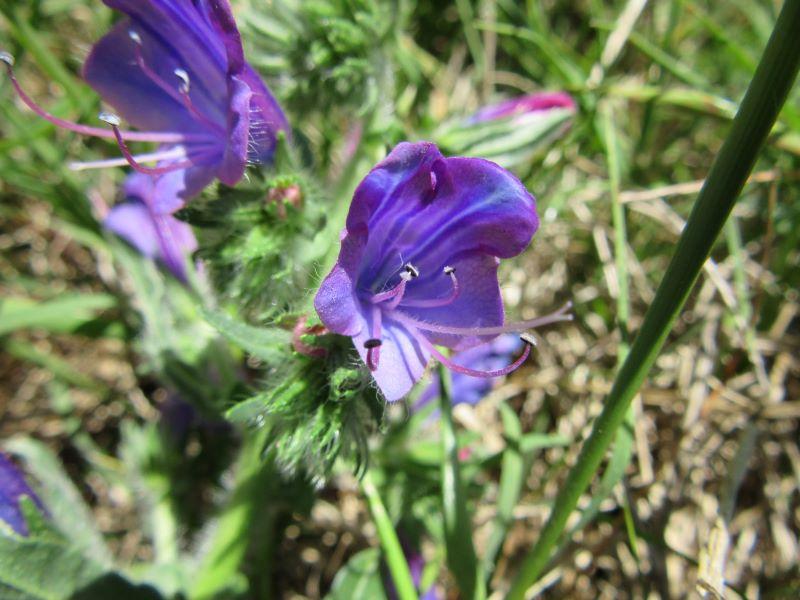Weeds on private land
All residents who occupy land are responsible for making sure that weeds found on their land are prevented, eliminated or minimised.
A weed can be defined simply as a plant that is growing out of place, or in an unsuitable location. However, some weeds are declared to be priority weeds due to the significant negative impact that they can have on the community, the environment or the economy.
View the list of priority weeds for the Hunter at NSW Weedwise.
Find more information on stopping the spread of weeds via the Department of Primary Industries.
Weeds on Council land
Like residents, Council are responsible for making sure that weeds found on their land are prevented, eliminated or minimised and are also responsible for enforcing the Biosecurity Act 2015 across Maitland.
Weeds inspections
From time to time, Council will notify landowners in Maitland of upcoming inspections for weeds. This is to help identify any problematic weeds on your property and to advise you of the best way to manage them.
Regional weeds management
As an active member of the Hunter Regional Weeds Committee, Council is working together with the community, other councils, government agencies, and land managers within the Hunter region to achieve a coordinated and collaborative approach to weed management. This has resulted in the development of the Hunter Regional Strategic Weed Management Plan 2017 – 2022.
If you would like more information in relation to weeds in the Maitland area you can contact Council's Technical Weeds Advisor on 02 4934 9700.
Upcoming weeds maintenance
- No upcoming maintenance
Pesticides
Pesticide Use Notification Plan
The Pesticide Use Notification Plan educates the community about pesticide applications Council has made to outdoor public places, allowing members of the community to avoid contact with the pesticides if they wish. The provisions of this plan also apply to contractors engaged by Council.
All pesticides are applied to public places in a safe, responsible manner, minimising harm to the community and the environment.
Pollution Incident Response Management Plan
We are also responsible for priority weeds found in both terrestrial and aquatic environments. As a result, Council currently holds an Environment Protection Licence (Licence No 10393) under the Protection of the Environment Operations Act 1997 (POEO Act).
This licence authorises and regulates the application of herbicides to all water bodies in the Maitland Local Government Area. The licence contains conditions that aim to minimise the environmental impacts of herbicide application, prevent water pollution and ensure the implementation of best practice weed management.
Licensees are required to prepare a Pollution Incident Response Management Plan. These plans are designed to ensure that pollution incidents are minimised through the identification of risks and the development of planned actions to minimise and manage those risks, to ensure that emergency response procedures are developed and implemented in the event that an incident occurs.

